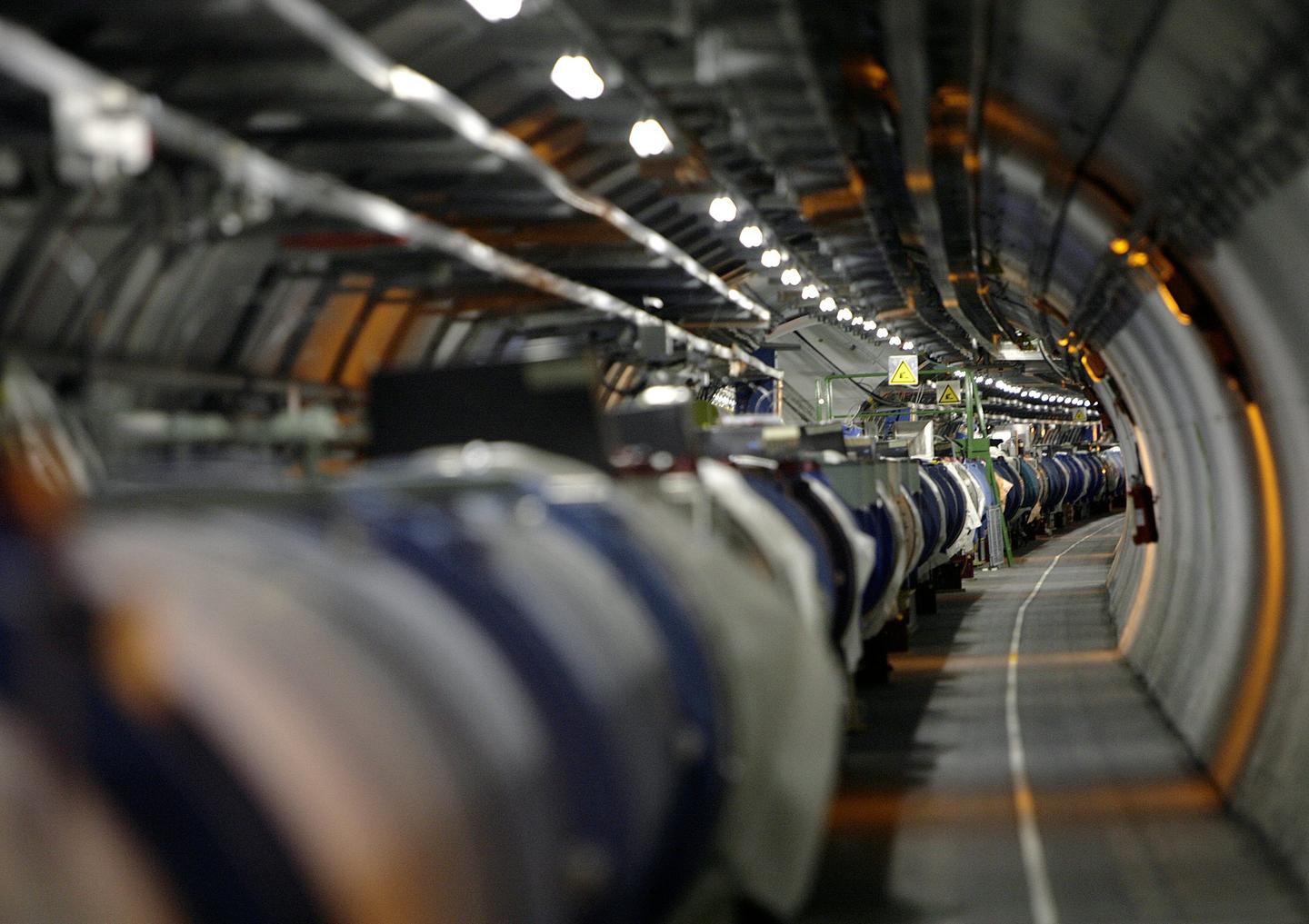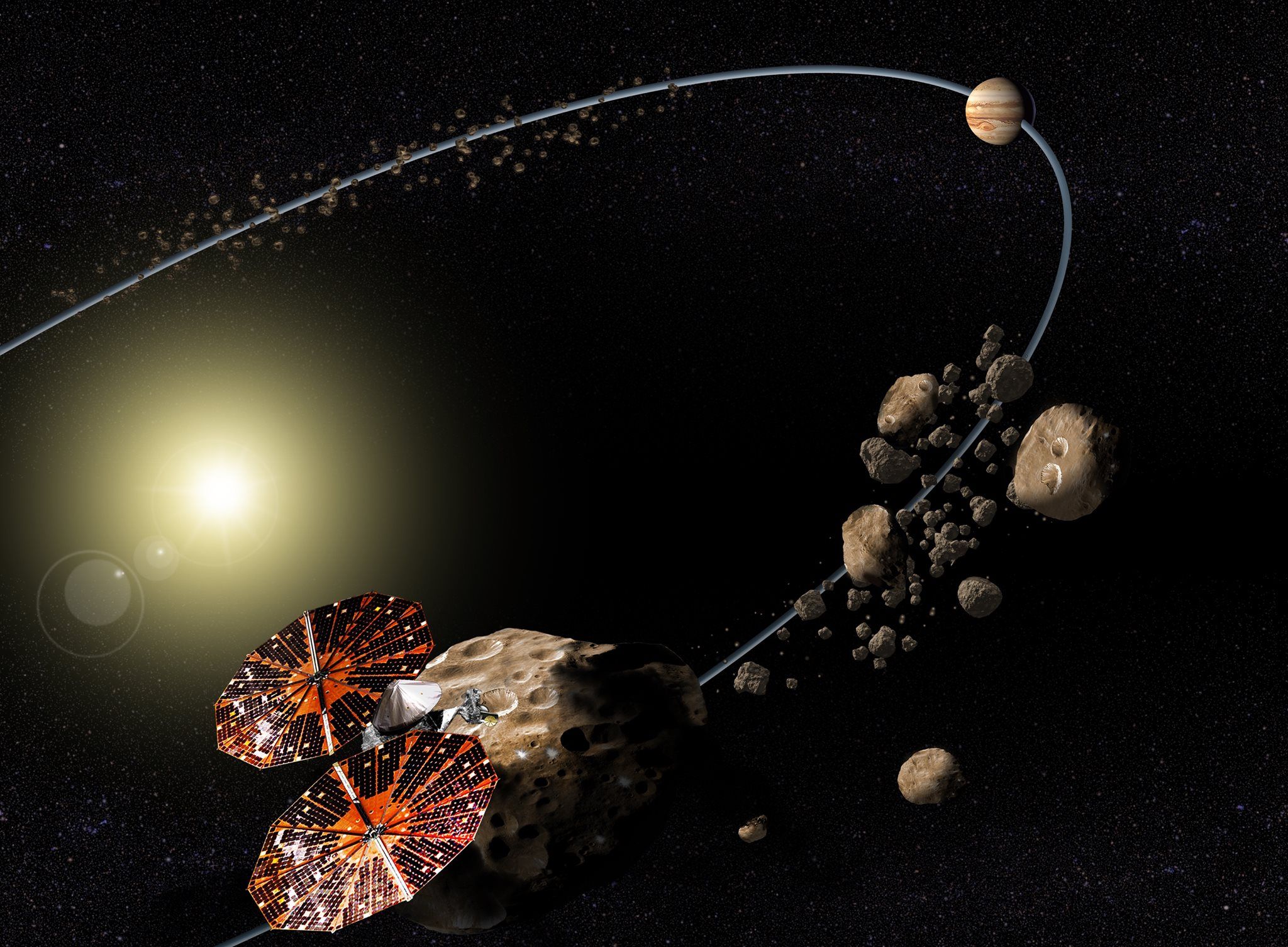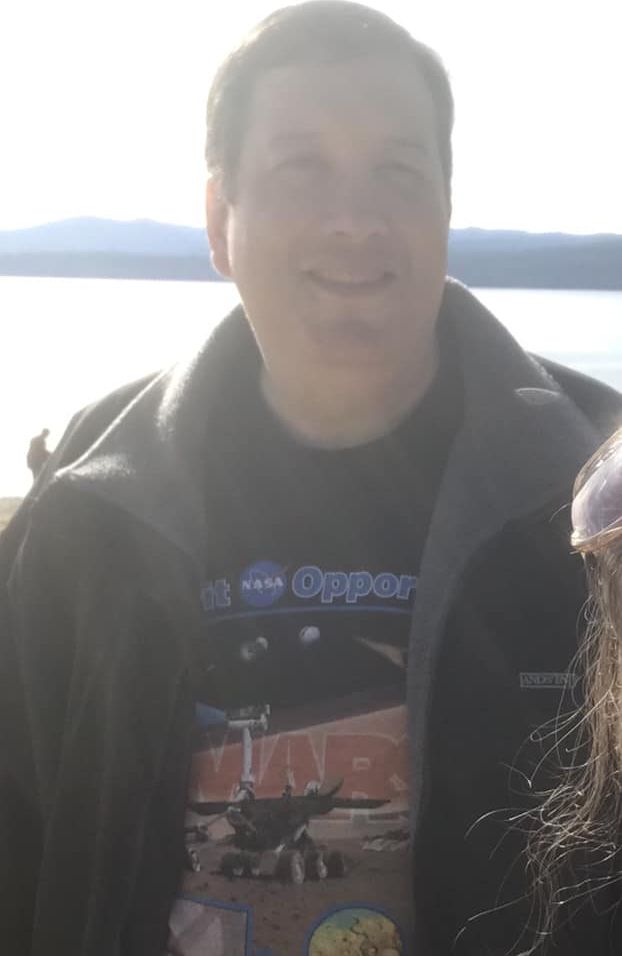What was it like to see, up close, the H-IIA rocket (that carried Diwata-2) leave the grounds of Japan’s Tanegashima Space Center last October 29? Here’s a firsthand account from BusinessMirror.
WHILE waiting for the launching of Diwata-2 at the view deck in Tanegashima Space Center in Kagoshima, Japan, with our cameras trained at the launch site, Dr. Joel Marciano, the head of Philippine Scientific Earth Observation Microsatellite Program (PHL-Microsat) whispered: “Don’t just look at the rising rocket [named H-IIA F40 that carries Diwata-2] through your camera. Look at the real event so you can feel it.”
I didn’t know and did not have the time to ask what he meant by “feel it.”
But as the countdown started and the rocket began rising into the sky with Diwata-2 on it, I began to understand what Dr. Marciano meant.







